For thousands of years, Asians have sworn by the health-promoting effects of kombucha. Those who drink kombucha ingest a variety of bioactive substances that can strengthen our immune system, our digestion, and even our heart. It's not for nothing that kombucha is also called the elixir of life.
Since kombucha contains sugar necessary for the fermentation process, you may be wondering how this might affect diabetics. This article provides an overview of what diabetes actually is—for anyone who's ever wondered what the different types of diabetes mean. And for all diabetics, I'd like to provide a comprehensive answer to the question of whether it makes sense to include kombucha in their diet.
Types of diabetes – causes and effects
Diabetes is becoming an increasing social problem. But what exactly happens in this metabolic disease? The body needs the hormone insulin to transport sugar from the blood into the body's cells . When we eat something, the so-called blood sugar level rises. The pancreas then produces more insulin. In diabetics, this mechanism doesn't work properly: Either not enough insulin is released or the cells no longer respond properly to the hormone. Insulin resistance develops.
This is not without consequences. With persistently elevated blood sugar levels, the body attempts to excrete the sugar through urine. Diabetics therefore often experience an increased urge to urinate and a pronounced feeling of thirst. If this condition is left untreated, the blood vessels and nerves suffer. Possible long-term consequences include kidney damage, heart attacks, or eye diseases.
There are different types of diabetes
There are different reasons for insulin resistance: In type 1 diabetes, the body's immune system destroys the cells in the pancreas that produce insulin . In type 2 diabetes, however, the resistance is mainly caused by an unhealthy lifestyle and being severely overweight . Around 90 percent of all diabetics suffer from this form of the disease. There is also what is known as gestational diabetes , which affects around two to twelve percent of all pregnant women. In most cases, the insulin sensitivity of the body's cells increases during the 24th and 28th week of pregnancy. This is triggered by hormones that the body produces during this time. Diabetes usually disappears after delivery. Type 3 diabetes refers to a number of subtypes of diabetes, which are rare and sometimes difficult to distinguish from the other forms.

Type 1 diabetics must administer insulin throughout their lives. With type 2 diabetes, this can be prevented if the disease is detected and treated early enough. This makes it all the more important to educate people about the importance of a lifestyle with plenty of exercise and a balanced diet . For example, eating plenty of fruit and vegetables, high-quality olive oil, nuts, and—you guessed it—even kombucha is recommended. Exercise also helps : Ideally, you should do half an hour of endurance training (such as walking, cycling, or swimming) per day.
Kombucha for diabetics: yes or no?
In Asia, the fermented beverage kombucha has been consumed for more than 2,000 years to cleanse body and soul, as well as to enhance well-being, health, and beauty. Today, we know about its positive effects on our health.
To date, no harmful side effects of the tea beverage have been identified; it is generally very well tolerated. Kombucha should be consumed regularly as a preventative measure, but not in excessive amounts. As a general rule, I recommend drinking 200 to 500 ml (or 1 bottle of Kombucha Original = less than 1 BU) throughout the day. Even diabetics can safely drink kombucha . Although sugar is used to make the tea beverage, most of it is consumed by the bacteria and yeast during the fermentation process, leaving only fructose as the residual sugar, which diabetics can safely consume in large quantities .
The residual sugar content can be counted as a bread unit (BE) for diabetics. Bread units are a measure of the carbohydrate content of a food. People with diabetes who require insulin need this information to calculate their insulin dose. 1 BE corresponds to 12 g of carbohydrates. The residual sugar content decreases the longer the tea beverage is allowed to ferment, which is beneficial for diabetics. If you are diabetic, please consult your doctor or nutritionist before drinking kombucha if you are unsure.

Kombucha: Effect on glucose metabolism
Kombucha can stimulate carbohydrate metabolism and thus support normal blood sugar levels. A comparison of several studies has shown that consuming black tea, just like green tea, has a blood sugar-lowering effect and can thus reduce the overall risk of diabetes. This suggests that kombucha has an effect on glucose absorption, regardless of the tea it contains.
Tip: Kombucha made from green or black tea has a positive effect on glucose absorption and blood sugar levels. Kombucha can therefore reduce the risk of diabetes. Kombucha made from green tea can improve blood sugar levels even more effectively. It also improves liver and kidney function.
Conclusion: What is certain is that unpasteurized kombucha, despite the sugar left over after fermentation, can do a lot for our immune system due to its high nutrient content, its positive effect on our microbiome, and its alkaline metabolism. It certainly makes sense to include the fermented tea beverage in your daily diet as a preventative measure against diabetes. Therefore, diabetics don't have to forgo the delicious refreshing drink kombucha, taking into account the calorie allowance.
Please consult a nutritionist or doctor if you are unsure how much kombucha is good for you per day, and always pay attention to the sugar content when purchasing kombucha. The amounts can vary greatly depending on the manufacturer.
FAQs
What exactly is kombucha?
Kombucha is a fermented beverage made using a culture (tea fungus).
The tea fungus, also known as the tea fungus, consists of various microorganisms, bacteria, and yeast cultures. It transforms tea and sugar into a healthy refreshing drink. During the fermentation process, bacterial cultures and yeast metabolize the sweetened tea into valuable vitamins, organic acids, right-handed lactic acid bacteria, and enzymes, among other substances. This creates the unmistakable sweet and sour taste and sparkling natural carbonation.
The fermented beverage has a long tradition. Hundreds of years ago, kombucha was valued in Asia and Eastern Europe for its health benefits as an elixir of life and a source of health.
What does kombucha taste like?
Kombucha takes on a variety of flavors depending on its production, processing, and the ingredients added. Raw, unpasteurized kombucha tastes sweet and sour, slightly more tart than conventional soda, and very refreshing.
The type of tea used in production plays a major role in the flavor and results in a more or less intense kombucha. The sugar source used in fermentation also plays a crucial role.
By adding different fruit juices, the kombucha flavor can be changed as desired during the secondary fermentation.
Our kombucha varieties surprise with a variety from sweet and sour to gingery-spicy to fruity and exotic.
How much sugar does kombucha contain?
The sugar content varies depending on the manufacturer. Each variety of our kombucha contains 3 g of sugar per 100 ml. Kombucha needs carbohydrates for fermentation. Our organic kombucha is fermented to the point where it contains as little sugar as possible (up to 50% less than comparable products and up to 80% less than conventional sodas), and it's unpasteurized. This means it contains many nutrients, such as vitamins, healthy yeasts, and microorganisms, and tastes delicious. If we allowed our kombucha to ferment to the point where it no longer contained any sugar, it would be undrinkable as a soft drink.
What ingredients does kombucha contain?
Bacterial and yeast strains: Acetobacter xylinum, Acetobacter oxydans, Gluconobacter oxydans, Gluconobacter xylinus, Saccharomyces apiculatus, Saccharomyces cerevisiae (baker's yeast), Saccharomyces ludwigii, Schizosaccharomyces pombe
Vitamins: Vitamin B1, B2, B3, B6, B12, Vitamin C, Vitamin D, Vitamin E, Vitamin K, Folic Acid
Organic acids: malic acid, succinic acid, acetic acid, folic acid, glucuronic acid, gluconic acid, malonic acid, lactic acid, dextrorotatory (L+) lactic acid, oxalic acid, usnic acid, citric acid
Trace elements and minerals: iron, magnesium, sodium, potassium, calcium, cobalt, zinc
Secondary plant substances: flavones, isoflavonoids, polyphenols
Enzymes, amino acids and tannins: including 14 different amino acids
Sound Health!



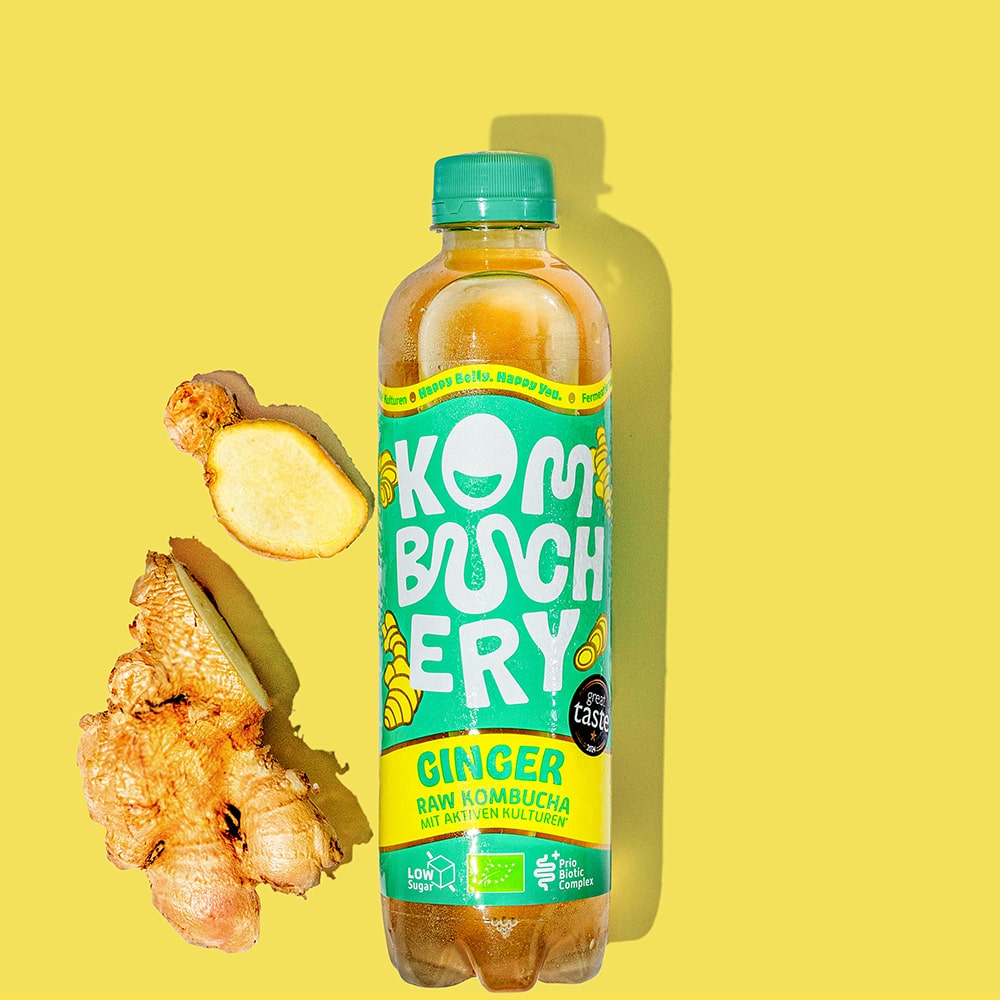
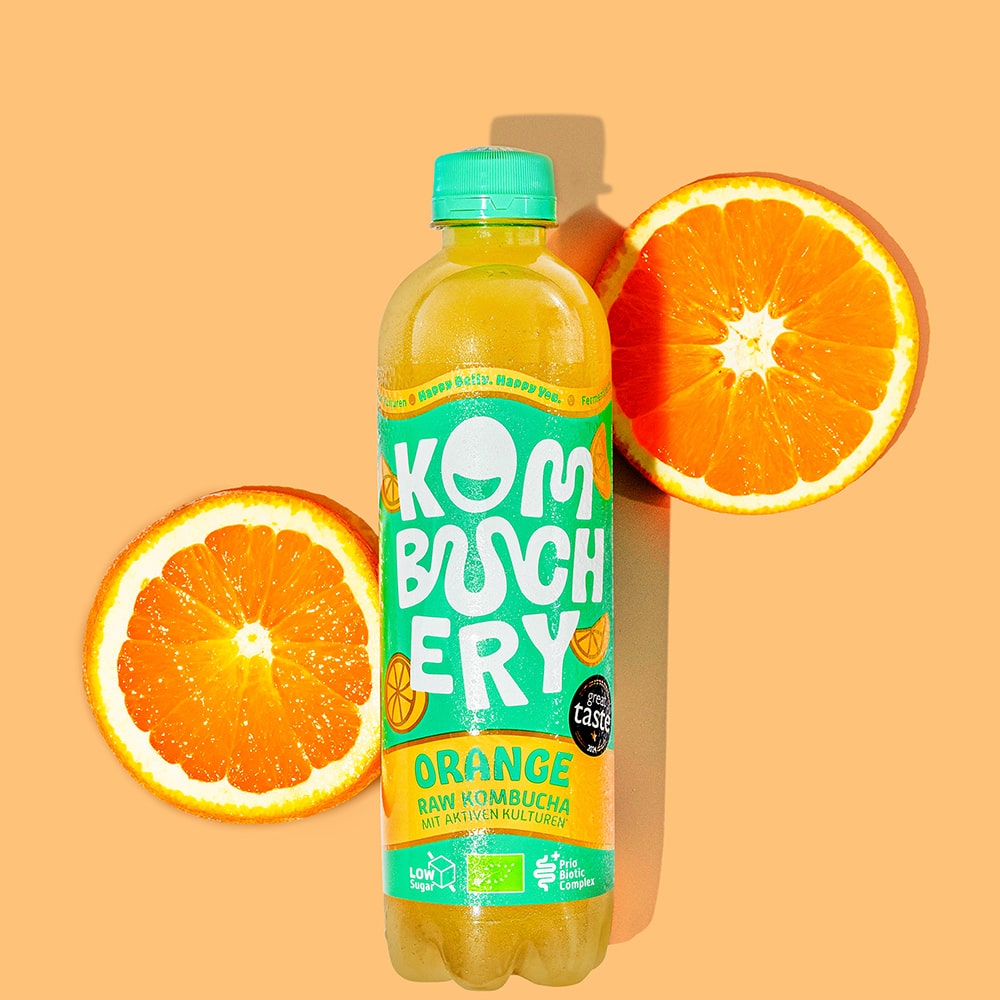



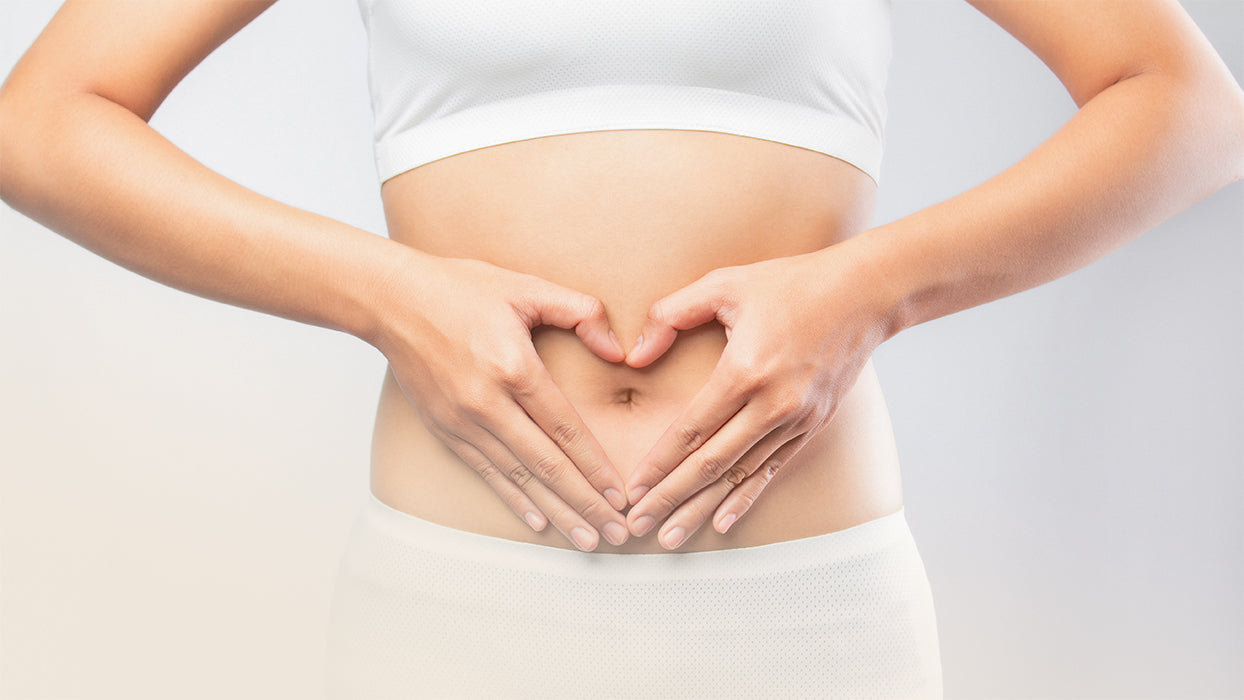
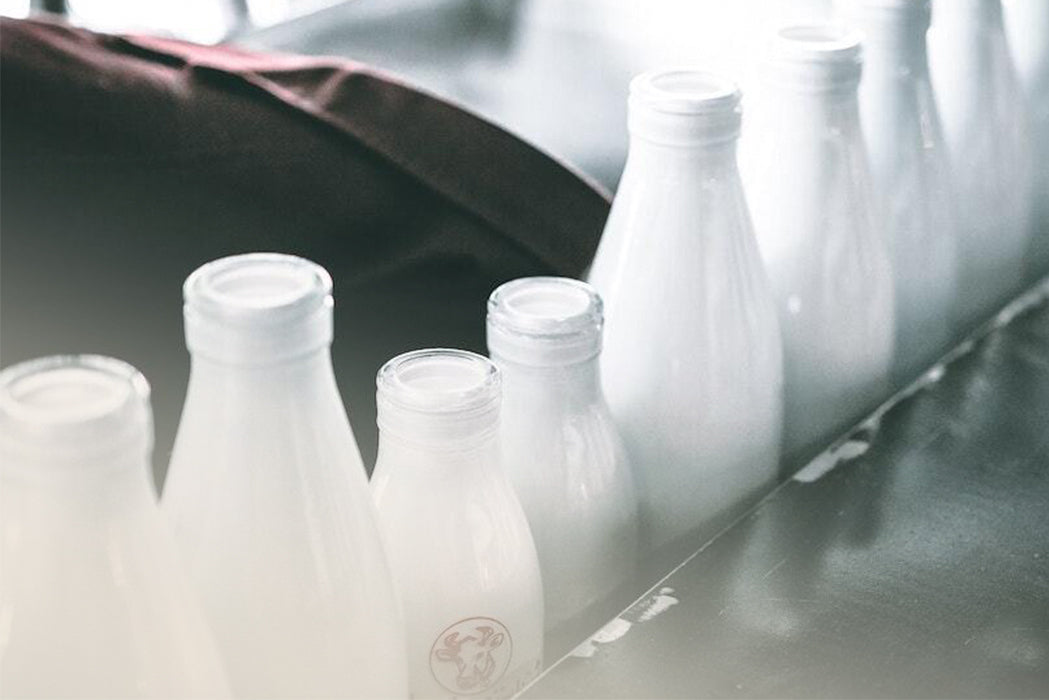
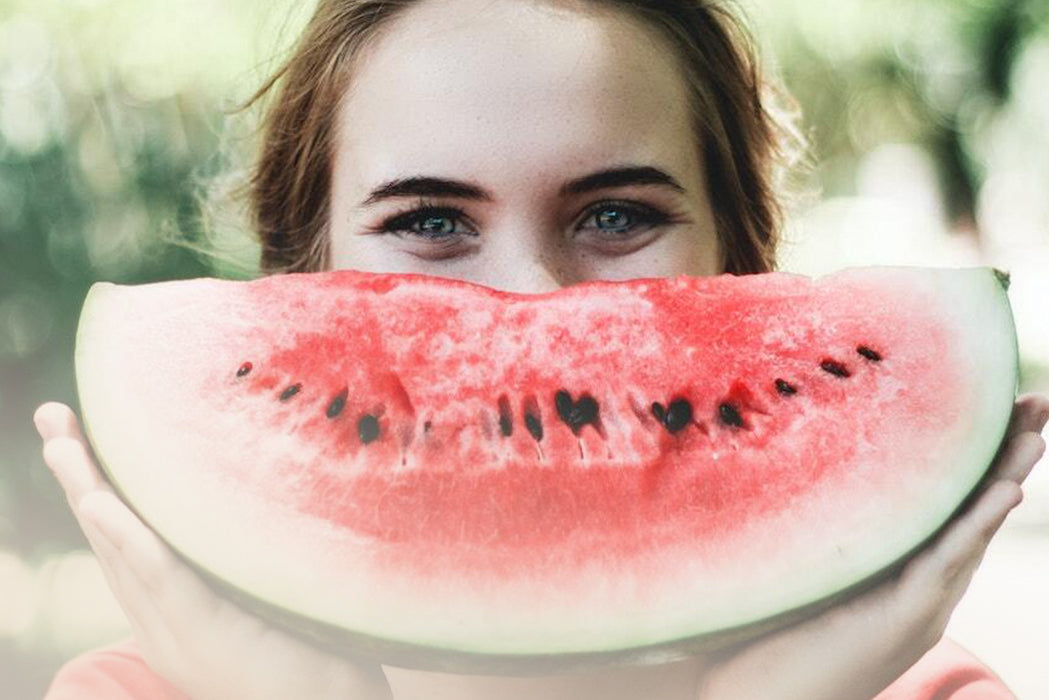
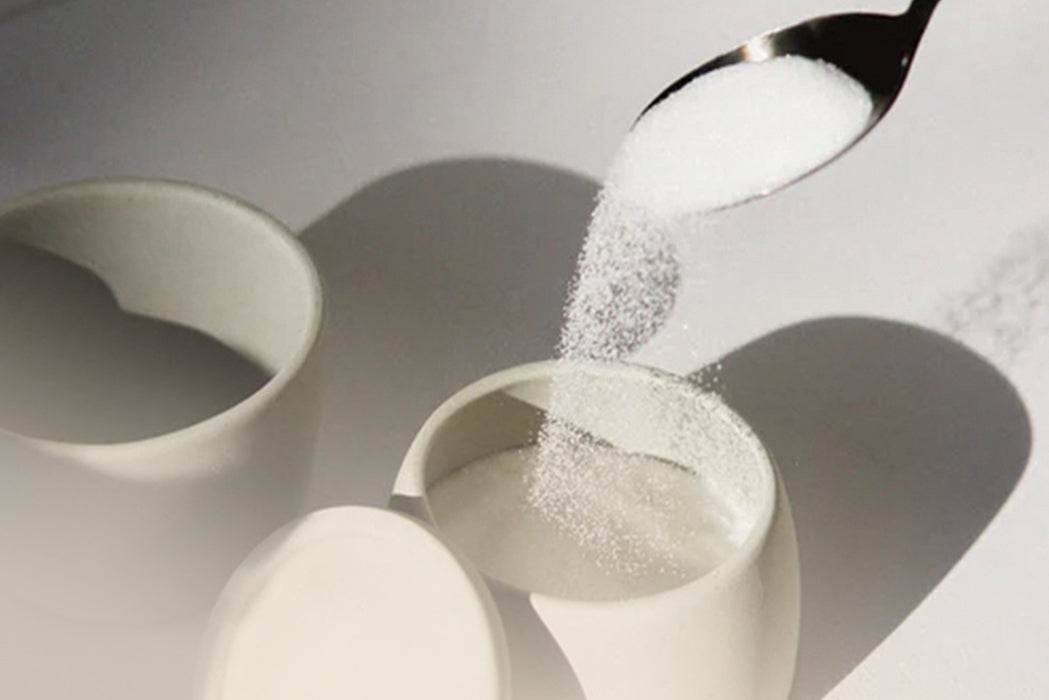
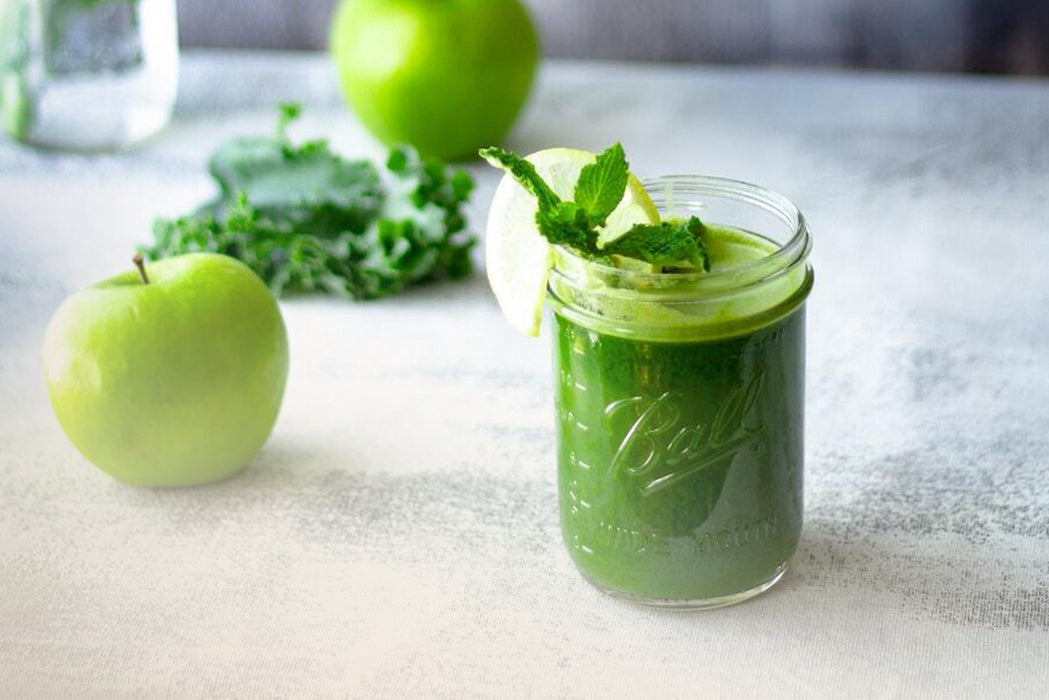

Split:
1 comment
Bonjour, je suis DT2, quelle est la quantité à boire par jour? Le matin à jeun, es ce bon? Où peut on acheter le Kombucha et la cure doit durer combien de temps ? Merci beaucoup pour votre réponse. Je suis sous insuline et metformine 1000mg/jour le midi . Cordialement.